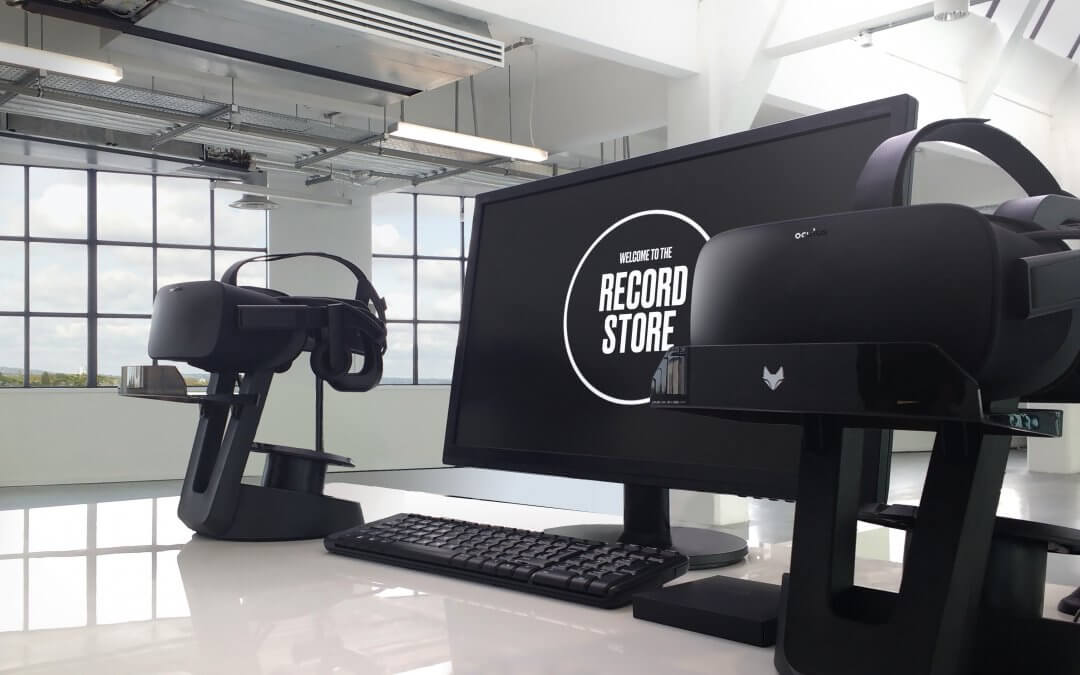Virtual reality (VR) is rapidly changing the landscape of real estate by providing an immersive virtual experience for prospective buyers. Sanders Studios has been leveraging this technology for a number of years now, offering a more innovative and unique way for people to tour properties without ever leaving the comfort of their own home. In this article, we will explore how virtual reality is revolutionizing the real estate industry.
One of the advantages of virtual reality in real estate is the ability to offer a realistic and interactive experience to potential buyers. This technology allows real estate agents and developers to showcase properties in 3D, providing realistic virtual tours of homes, commercial spaces, and apartments. With virtual reality, buyers can get a real sense of how a property looks and feels, and they can make decisions based on a more realistic perception of the space. Add to this an abilty to change a piece of furniture or switch from day-to-night mode a click of a button, and you can cover all aspects of design to help inform decision making.
Virtual reality also offers significant benefits for developers, architects, and real estate agents. With VR technology, they can accelerate the sales process and provide virtual tours to clients who are physically unable to visit the property. It allows realtors to showcase a property to a broader audience without having to worry about travel costs or restrictions on business due to any unexpected situations.
Moreover, virtual reality can save money for real estate developers by allowing them to create digital environments that are less expensive than real-life mockups. This technology significantly reduces the costs of creating physical prototypes of spaces, thus increasing efficiency and lowering the overall cost for developers.
The technology will play a crucial role in the future of real estate, transforming the way people buy and sell properties. VR will arguably become part of everyday life with the introduction of the Metaverse and be the go-to option for many customers. It’s important to embrace this technology and see how it can make a truly positive impact on the way we communicate in the digital sphere.
In conclusion, virtual reality is a powerful tool transforming the real estate industry by providing immersive and interactive 3D tours that give prospective buyers a realistic view of properties. Virtual reality makes for a more efficient and cost-effective way to showcase properties to a broader audience. Whether you’re a buyer, developer, or real estate agent, virtual reality is an innovative technology that offers many benefits to the industry, and it is safe to say that it is here to stay.
